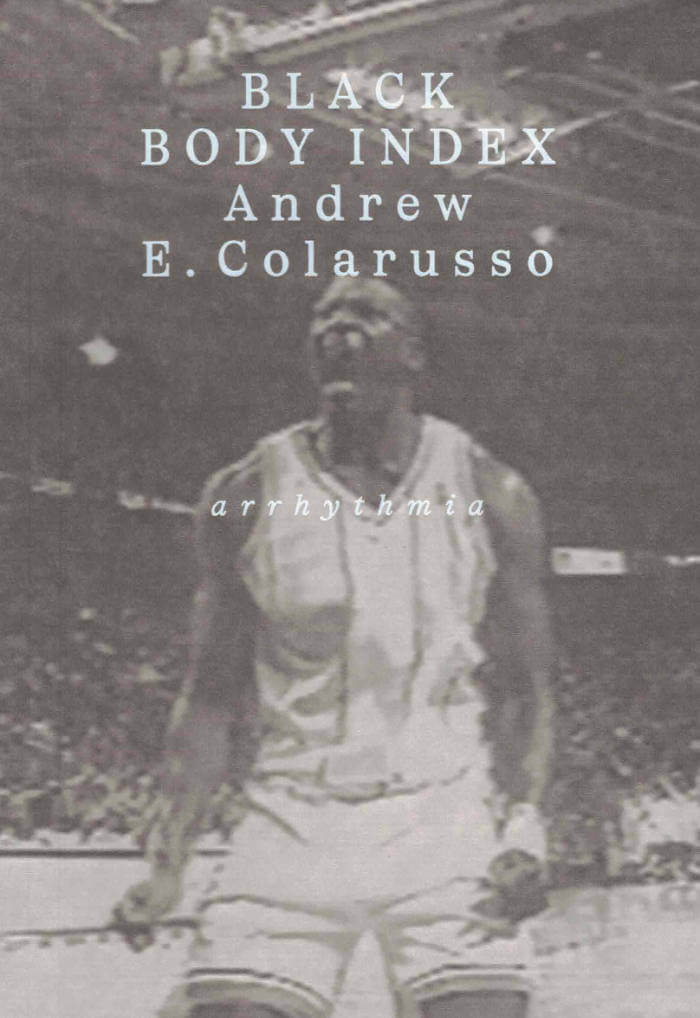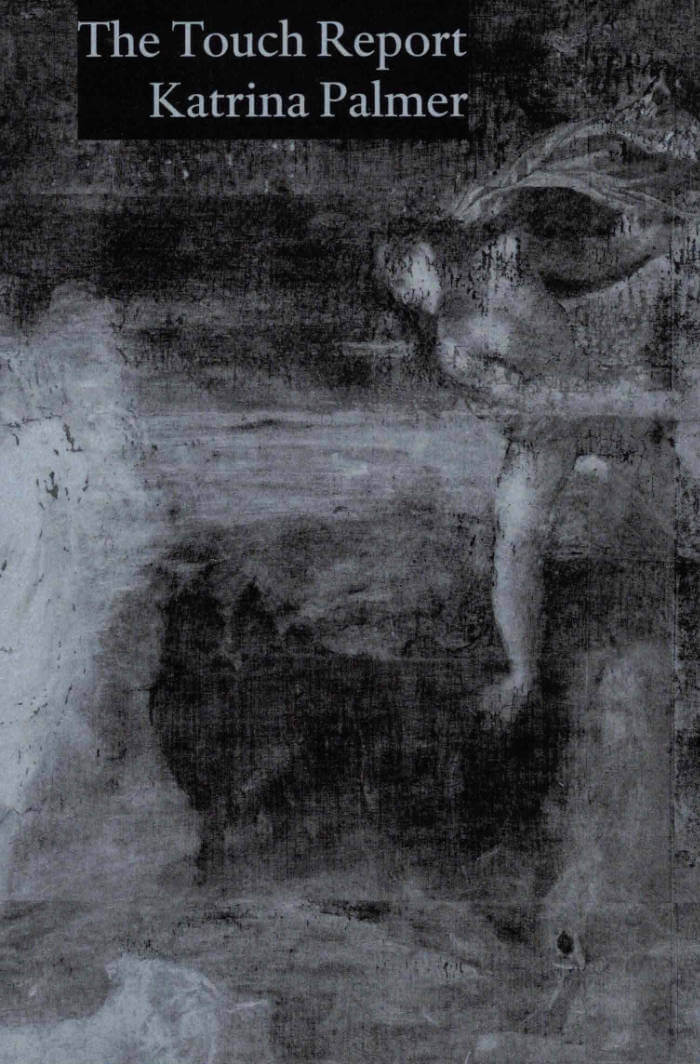
Black Body Index
Andrew E. Colarusso’s Black Body Index takes the concept of the ‘ideal black body’ as its guiding object. In thermodynamics and physics, the ideal black body is a theoretical object that absorbs and emits all incident radiation. No such object exists, though a few come close…
Told in a mercurial constellation of fragments that move between memoir, poetry and thermodynamic theory, Andrew E. Colarusso’s Black Body Index inspects the ‘thingification’ of an ideal black life and refutes it—insisting on the freedom to live beyond the demands of an enforced objecthood.
Black Body Index is published as part of Arrhythmia, a series curated for Book Works by Katrina Palmer.
Andrew E. Colarusso was born and raised in Brooklyn, New York City. He occasionally writes things when not tending to his bookstore, Taylor & Co. Books, in the Ditmas Park neighbourhood of Brooklyn.







